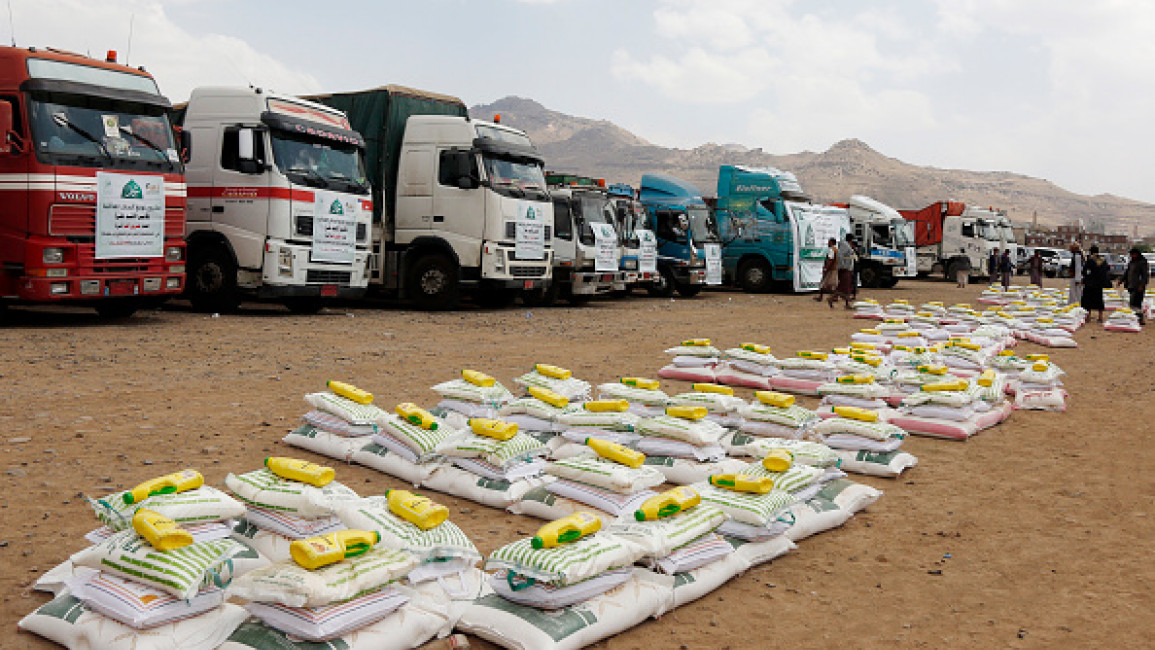Yemen economy tanks as talks fail to restore truce: NGOs
Food shortages, power cuts and a collapsing currency are upending daily life in Yemen as peace talks make no headway in restoring a ceasefire that lapsed one year ago, around 50 NGOs said late Monday.
"While economic challenges are rife across the country, rising inflation and the deterioration of public services are making life unbearable," said a statement signed by 35 Yemeni groups and 13 international aid organisations including the Danish Refugee Council and Save the Children.
That is especially true "for hundreds of thousands of families" in territory controlled by the internationally recognised government based in the main southern city of Aden, the statement said.
Power cuts in Aden can last 17 hours a day and more than 50 percent of households in government-held areas cannot meet basic food requirements because of skyrocketing prices, the statement said.
Iran-backed Houthi rebels overran the Yemeni capital Sanaa in 2014, prompting neighbouring Saudi Arabia to spearhead a military intervention the following year to shore up the government.
The ensuing war has left hundreds of thousands dead through direct and indirect causes and displaced millions in what the United Nations has called one of the world's worst humanitarian crises.
The World Food Programme warned in August that more than four million Yemenis would receive less food assistance from the end of September as a result of funding shortages.
A truce that took effect in April 2022 expired in early October 2022, though fighting has not picked up considerably since then.
A surprise rapprochement between rivals Saudi Arabia and Iran in March led to public meetings between Saudi officials and the Houthis, first in Sanaa in April and then in Riyadh last month.
The delegations have described the talks as positive though they have yet to yield a durable ceasefire.
Four soldiers from Bahrain, a member of the Saudi-led coalition, were killed in an attack last month that Manama and Washington blamed on the Houthis, who have not commented on the incident.
The rebels for their part have decried recent "Saudi bombings" in areas they control in northern Yemen. The coalition has not commented on those allegations.



